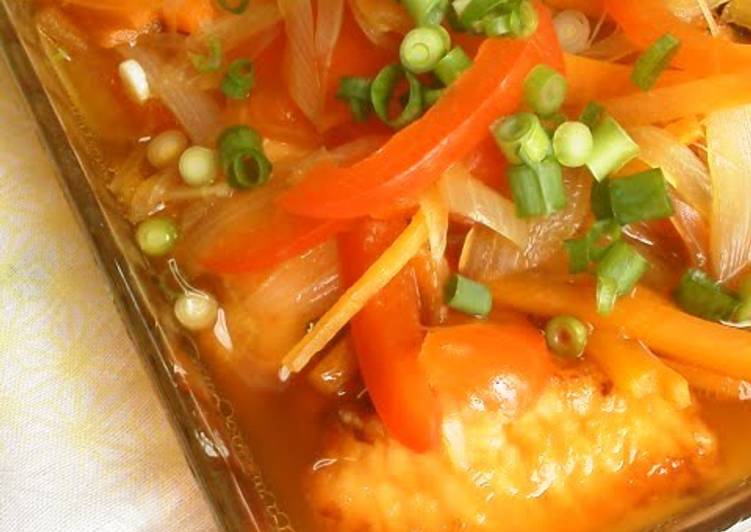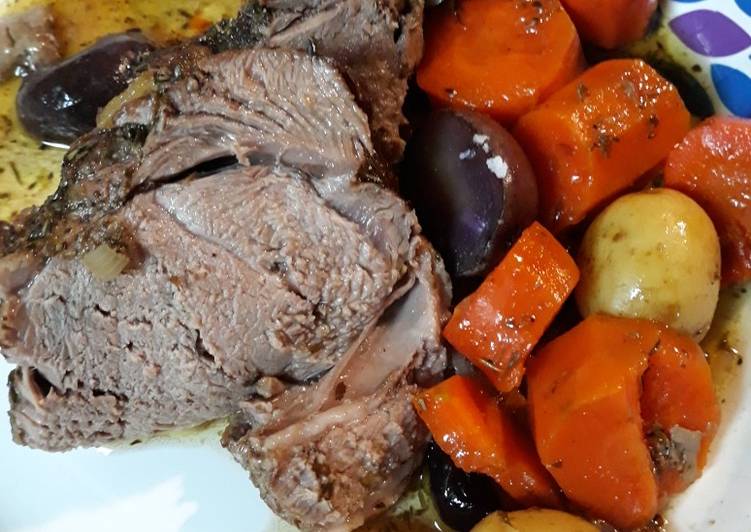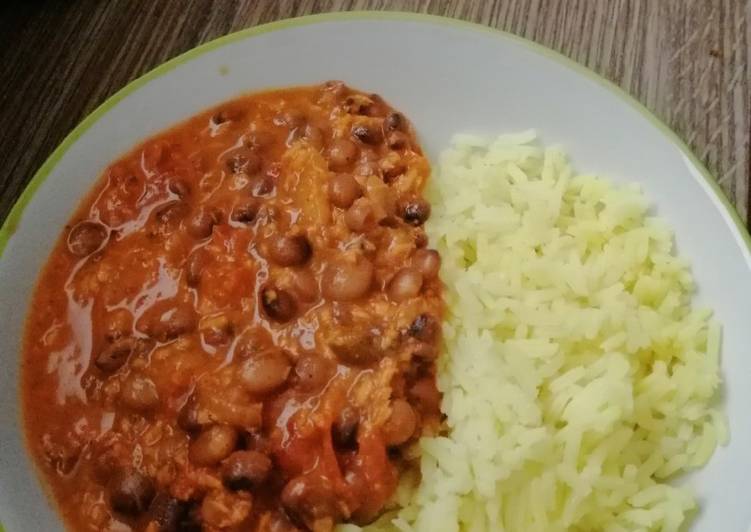
Hello everybody, hope you are having an incredible day today. Today, I will show you a way to make a special dish, non-fried marinated nanban - raw salmon and sweet onions using shio-koji. One of my favorites. This time, I’m gonna make it a little bit unique. This will be really delicious.
Non-Fried Marinated Nanban - Raw Salmon and Sweet Onions Using Shio-Koji is one of the most favored of current trending foods on earth. It’s enjoyed by millions daily. It is easy, it is quick, it tastes delicious. Non-Fried Marinated Nanban - Raw Salmon and Sweet Onions Using Shio-Koji is something which I’ve loved my entire life. They’re fine and they look wonderful.
When combined with salt it also makes a great marinade that enhances flavor and tenderizes. Salmon marinated and tenderized in shio koji, a Japanese fermented ingredient packed with umami. Pre-made shio koji is available in the refrigerated section of most Japanese grocery stores in the West and is sold in Store in a re-sealable plastic bag or (non-reactive) glass or plastic container.
To begin with this particular recipe, we must prepare a few ingredients. You can have non-fried marinated nanban - raw salmon and sweet onions using shio-koji using 13 ingredients and 8 steps. Here is how you can achieve that.
The ingredients needed to make Non-Fried Marinated Nanban - Raw Salmon and Sweet Onions Using Shio-Koji:
- Make ready 3 slice Raw salmon
- Make ready 2 tbsp Shio-koji (salt fermented rice malt)
- Prepare 1/2 Carrot
- Take 1/2 Sweet onion (or regular onions)
- Make ready 1/4 Red or yellow bell pepper
- Take 1 Green onions or scallions
- Take 1 Katakuriko
- Make ready Nanban sauce
- Prepare 200 ml Dashi stock
- Take 2 1/2 tbsp Soy sauce
- Make ready 3 tbsp Mirin
- Prepare 2 tbsp Vinegar
- Prepare 1 and 1/2 tablespoons Sugar
Not only is it necessary in fermentation, but when combined with other ingredients, it can be used for flavoring, curing and/or preserving foods. In a very large resealable plastic bag, coat the pork steaks with the shio koji. Seal the bag, pressing out the air. Set the bag in a baking dish and refrigerate overnight.
Instructions to make Non-Fried Marinated Nanban - Raw Salmon and Sweet Onions Using Shio-Koji:
- Cut raw salmon into thirds, coat it in shio-koji, and let it cure in the refrigerator overnight.
- Mince the green onions and thinly slice the rest of the vegetables.
- Put a light layer of oil (not listed) in a pot, sauté the onions, then the carrots, and then the bell peppers until tender.
- Add all the ingredients of the Nanban sauce into the pot and bring to a gentle boil.
- Evenly coat the raw salmon (without removing the shio-koji) in katakuriko and fry in a pan with oil (about 4 tablespoons, not listed) until crisp.
- Gently remove the excess oil from the salmon and put into a deep dish.
- Add the heated Nanban sauce from Step 4 while still hot and it's ready to serve.
- Marinating the salmon for a minimum of 2 hours (or, if possible, a full day) will blend the flavors together quite nicely.
Shio Koji can break down the starch and protein contained in the ingredients to bring out the umami and sweetness to make the food delicious. The meat becomes soft after it is marinated with it. It can help to add beautiful baked colour on the food when you use it for baking or frying to boost up your. Shio Koji is a newly popular seasoning in Japan. Balla and his cooks make koji in-house to use in pickled vegetables and to marinate whole chicken In The Chronicle's test kitchen and at home, we loved how koji adds a savory depth and sweetness.
So that is going to wrap it up for this exceptional food non-fried marinated nanban - raw salmon and sweet onions using shio-koji recipe. Thank you very much for reading. I am confident that you can make this at home. There’s gonna be more interesting food at home recipes coming up. Remember to bookmark this page on your browser, and share it to your family, colleague and friends. Thanks again for reading. Go on get cooking!


